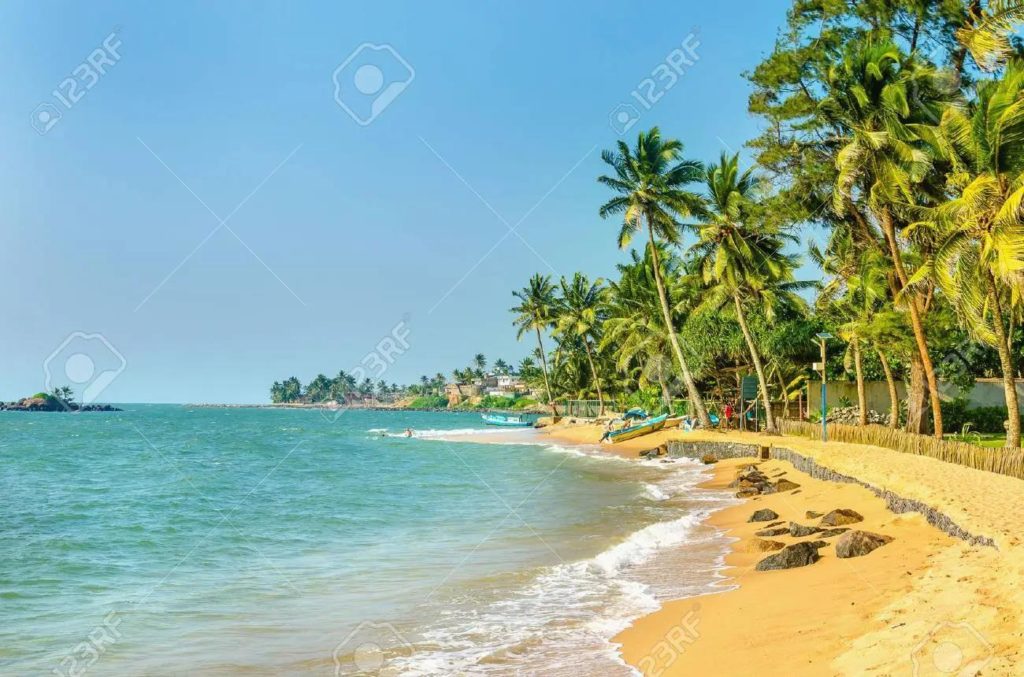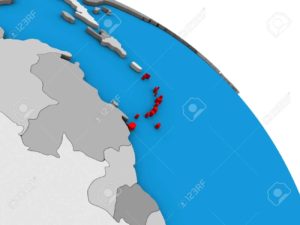Why Barbados’ dropping off the bus is such a big deal.

The Caribbean island of Barbados gained its Independence in 1966 but complacently chose to stay under the British dominion for the next 55 years. If that was not enough, it also accepted Queen Elizabeth’s II monarchical and predominance rule.
Moreover, one can hardly forget how a poll taken in March 2015 showed that the majority of Barbadians were opposed to the idea of removing the Queen of Barbados, with only 24% in support of the change to a republic.
Of course, the Prime Minister of Barbados, Mia Mottley, was instrumental in refusing to hold a referendum on the issue instead of the general demand of Barbadians both at home and abroad.
Barbados’ Different Path to Freedom
This unusual response to transition made Barbados’ decision even more intriguing from the outside world. Most especially so for countries that fought tooth and nail to achieve their freedom. But because Barbados’ path to freedom was in some ways different than many countries, that’s what makes the revisiting of its absolute freedom more interesting.

This island country in the Lesser Antilles of the West Indies, situated in the Caribbean region of North America, has a population of 287,375 according to UN 2020 counts. Barbados was once known as the world’s largest sugar producer of the 17th century. However, today, it has since diversified into a variety of economic sectors for its economic survival as reflected below.
- Tourism accounting for 10% of the workforce
- Agriculture 27%
- Manufacturing And Mining —Employs about 10,000 Barbadians
- Fishing—provides direct/indirect employment
- Mineral fuels including oil— US$91.6 million (26.5% of total exports.
- Beverages, spirits, vinegar— $48.5 million (14.1%)
- Pharmaceuticals— $24.1 million (7%)
- Other chemical goods— $23.2 million (6.7%)
- Paper, paper items— $17.2 million (5%)
Barbados Becoming a Republic
On September 15, 2020, Barbados’ Government announced its intention to become a republic by November 30, 2021. An announcement which coincided with its 55th Independence Anniversary. An event which would mark the replacement of the hereditary title of the Queen of Barbados with the elected position of the President of Barbados.
With that, Barbados would cease to be a part of the British Commonwealth though maintaining its membership of the Commonwealth of Nations, to equate with Guyana and Trinidad and Tobago status.


Barbados Achieved Its Freedom in Style
After the long patience and all the struggles, can we now say, “Barbados welcome onboard,”!? Of course, yes. Who doesn’t like freedom, especially freedom achieved in style?
And the big dream of becoming a totally free country, came true on November 30, 2021, bringing Sandra Mason to office. Prince Charles, heir to the throne, in representation of the Queen, witnessed the August occasion.
The prince attended the swearing-in ceremony in Bridgetown, at the invitation of the Barbados’ Government. Of course, Prince Charles delivered a message through a speech on behalf of the Queen. The Queen sent a goodwill message congratulating and wishing Barbadians and President elect Mason, happiness, peace, and prosperity in their new strides for the future.
Would Barbados Fare Better Than Its Counterparts?
It will Be Interesting to see how Barbados and Barbadians would fare from this point by themselves compared to how far their counterparts in other parts of the world, most especially from the African continent.
Going through Barbados’ history, I noticed that Barbadians have good reasons to be proud of as it affects the caliber of their leaders. They had and still have patriotic leaders (well-educated and overall sound). Leaders of vision who mean well for their people. Contrary to what went on in many other countries whose leaders became tyrants, terrors, and corrupt dictators.
Their exemplary leaders from Errol Barrow to Adams, Harold Bernard St. John, Owen Arthur, David Thompson, and Freundel Stuart were seasoned, competent leaders. This Barbados’ long historical process and trajectory is a blessing in many ways, leading it to the all-female ruling country of Sandra Mason (as President and Head of State) and Mia Mottley (as Prime Minister).
No doubt, Barbado’s healthy pollical exercise based on patience to learn must have been the tonic of their foundation. Likewise, their political tolerance and maturity as a new nation must have provided them the basis for development. The political elites needed this mindset and experience for stability. Therefore, laying the foundation for growth and faster development is indispensable for a country’s progress. I wish the Barbadian people and their dedicated leaders the best.
If you enjoy this reading, please follow and subscribe.
Thanks for reading!
